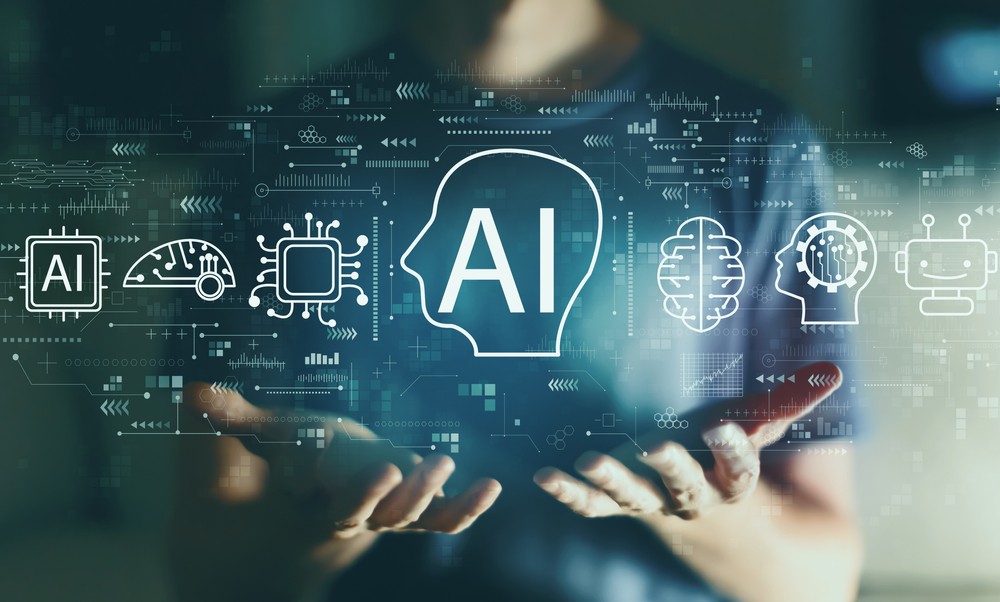Executives in the UK estimate that 41% of their workforce will need to reskill as a result of implementing AI and automation over the next three years, according to a new global study by the IBM Institute for Business Value. The study “Augmented work for an automated, AI-driven world” surveyed 3,000 global C-Suite executives across 20 industries and 28 countries.
Building new skills for existing employees was identified as the top talent issue, according to surveyed executives. The second most pressing issue was identified as technological illiteracy. Critically, the survey showed that 46% of UK executives are currently investing in reskilling their employees internally.
The study also found a disconnect between employers and employees about what’s most important at work. With AI primed to take on more manual and repetitive tasks, UK employees surveyed report engaging in impactful work as the top factor they care about.
However, employers haven’t recognised this fact. Executives surveyed ranked impactful work as one of the least important factors to their workforce. Both employees and executives did however identify flexible work arrangements as the most important factor beyond compensation and job security.
Andi Britt, Senior Partner, UKI Talent Transformation Leader, IBM Consulting, said:
“As we embark on a future where AI becomes an integral part of the workforce, our task is to adequately equip our employees for this key technology shift.”
“Our research reveals that improving technology literacy for employees is a top talent issue, according to business leaders. With 41% of the UK workforce expected to be reskilled as a result of implementing AI and automation over the next three years, it is crucial that executives are able to lead their workforce through this shift and enable them to succeed in the new era of generative AI.”
“It is clear from the survey that impactful or meaningful work is now a higher priority for UK employees – a trend which is not yet fully recognised by their business leaders. Bridging this gap will be crucial in ensuring that AI and automation are harnessed in a way that enables employees to re-direct their time and energy to the meaningful and impactful work within the organisation.”
The study also provides recommendations for how leaders can take action to address their talent challenges in the era of AI and help their organisations transform for the future, including a focus on skills and operating models.
The IBM Institute for Business Value, in cooperation with Oxford Economics report is based on in-depth analysis of over 3,000 global C-Suite executives across 20 industries and 28 countries from all major regions in December 2022 and January 2023 about job roles, skills and how work gets done.




